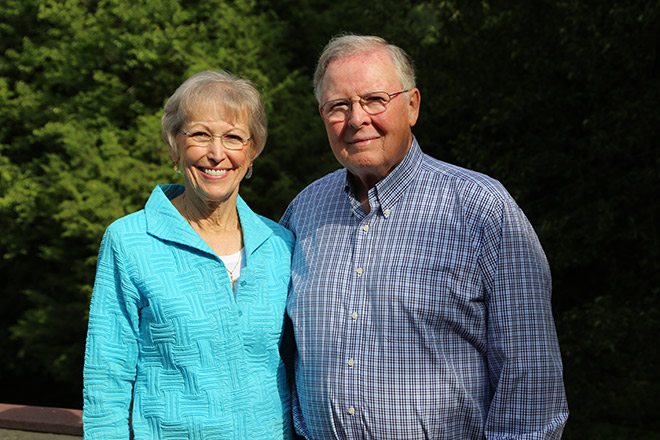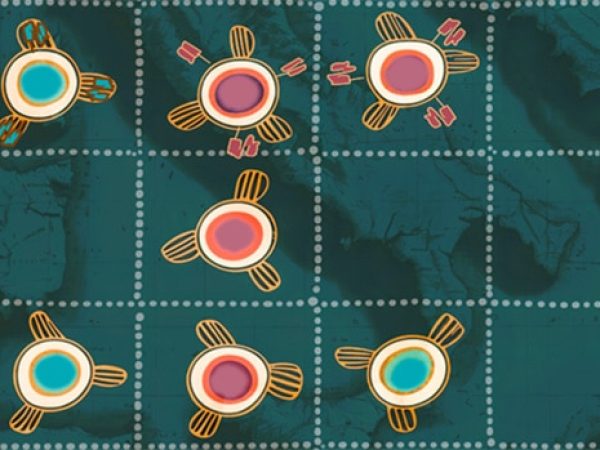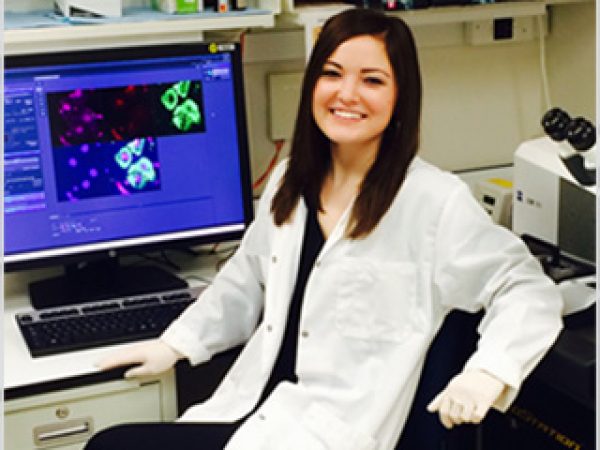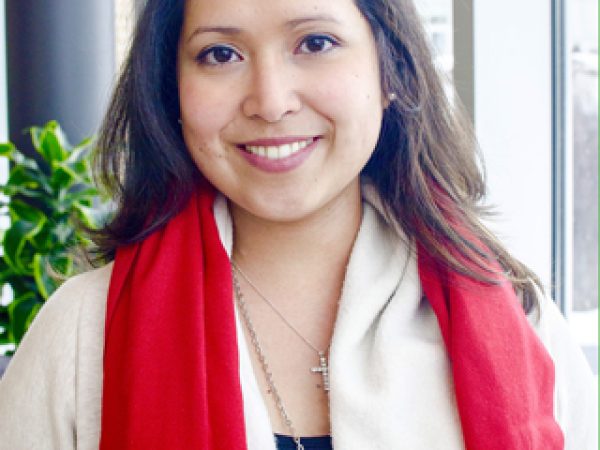Nancy McGuire: Surviving Leiomyosarcoma Thanks to Research
Nancy McGuire was devastated after her diagnosis but, thanks to a new chemotherapeutic, is enjoying life once again.
After several days of pain in her lower pelvic area in December 2009, Nancy McGuire went to her primary care physician to get checked out.
Her doctor ordered several scans for the very next day, and just 17 days later, Nancy underwent surgery, not knowing exactly what the problem was. The surgery revealed that Nancy had leiomyosarcoma, a rare type of cancer.
“It was devastating. I couldn’t do anything, I came home from the hospital and stared out the window,” said Nancy, a retiree from Great Falls, Virginia, who is now 70 years old. “It took me quite a while to get a grip on the fact that this was a terrible disease I had.”
Following the advice of her surgeon, Nancy went to a local radiologist for radiation therapy. Nancy asked the physician how many leiomyosarcoma patients she saw each year.
“She said maybe one,” Nancy recalled. “So I knew I was in deep trouble and I had to find somebody who was familiar with my disease.”
Nancy’s daughter, a physician in Philadelphia, told her parents not to worry, that she would find a physician who was an expert at treating her disease, a form of soft tissue sarcoma. After Nancy’s daughter completed her research, Nancy visited an oncologist experienced in the treatment of sarcomas such as hers.
“It was the first time I felt optimistic about my future since my diagnosis,” Nancy said.

Every three months, she would travel to Philadelphia for appointments. Over the next six years, she underwent many treatments, including surgery for lung nodules, microwave ablation of her liver, chemo embolization, and various chemotherapy regimens to keep the cancer at bay.
Ultimately, Nancy’s oncologist suggested a clinical trial for an investigational chemotherapeutic for soft tissue sarcomas including leiomyosarcoma. Nancy, her husband, and daughter considered her treatment options and decided to enroll in the trial of trabectedin (Yondelis).
Before she even had the chance to enroll in the trial, trabectedin received FDA approval.
“We were very excited that I would be able to take this drug after it was FDA approved,” Nancy said. “After three treatments of Yondelis, a CT scan showed significant improvement. All the lesions – and I don’t even know how many there were – were significantly reduced.”
Nancy continued to receive treatments and her lesions continued to shrink and, in fact, some completely went away. After a recent scan that showed continued improvement, Nancy’s physician decided to give her a break from the treatments and reevaluate her periodically to determine when best to restart the trabectedin.
“I feel wonderful emotionally and physically, it’s really good,” Nancy said as she prepared for a month-long vacation in Maine. “I have learned to appreciate a lot of things in life that I never really gave enough attention to before.”
Her experience with cancer has made her stop and take stock.
“It gives you more of an appreciation of life and you look at everything differently,” she explained. “When your mortality is threatened, you change.”
For Nancy, cancer research is vital.
“The goal of a cancer patient is to stay alive long enough to get treatment,” she notes, “and the only way that is going to happen is with further research and funding to support that research.”




